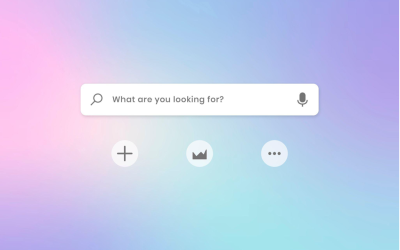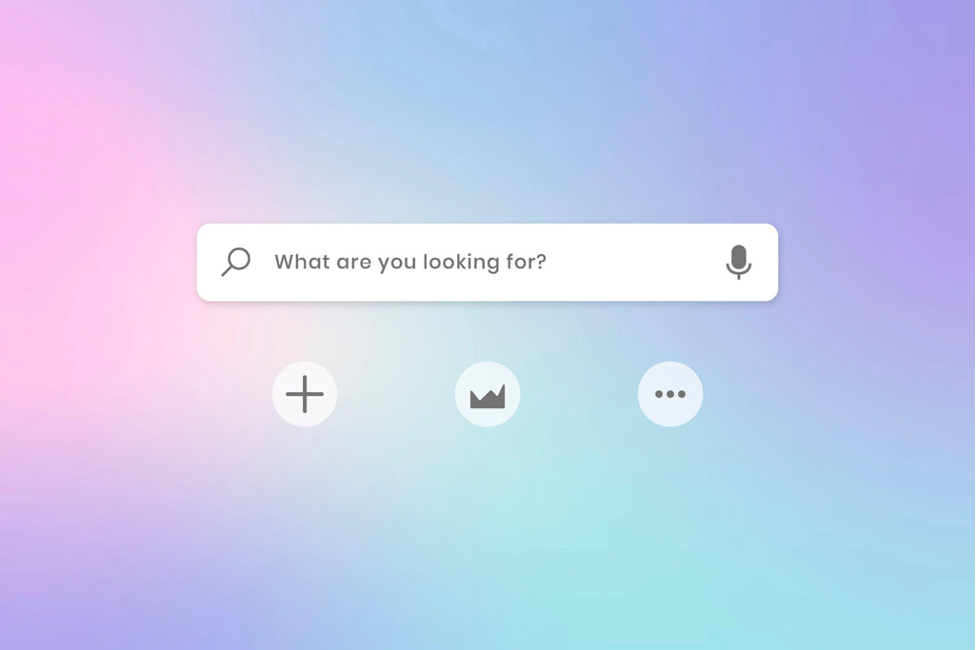Learn key AI insights you’ll need to avoid mistakes and use it successfully to grow your business. We invited AI and marketing expert James Mason to go in-depth.
Jeremy Diouf
At this point, we’re seeing the extent to which Artificial intelligence (AI) is reshaping industries – and at a FAST pace.
AI is transforming how businesses market, sell, and operate.
And there’s more to this than you might think!
To gain deeper insights into the velocity of this AI revolution, we interviewed James Mason, a well-respected marketing and AI expert who has a massive presence on LinkedIn and teaches other marketers to build their own. He talks about marketing, sales, and content creation and how AI is affecting these workflows.
His perspectives shine a light on AI’s potential, its common pitfalls, and strategies for maximizing its benefits without losing the human touch.
AI in Marketing: Balancing Automation with Authenticity
Mistakes Businesses Make with AI in Marketing
One of the biggest mistakes businesses make with AI marketing is creating a “uniquely creepy” experience, according to James.
This happens when AI-driven personalization feels invasive, making prospects feel “tracked” rather than valued.
Basically, instead of fostering relationships, this approach drives potential customers away.
James adds, “I recommend using AI strategically – for audience building and content ideation – but (while) maintaining human authenticity in your approach.
Meta’s earlier advertising algorithms are actually a good example of effective AI use: identifying potential buyers based on interest signals and delivering valuable content, rather than making people feel tracked. (Eventually, (though) mistakes were made).”
James gives an example of how to use AI to come up with conversation starters (content ideation) when reaching out to potential clients:
“I’ve found AI works best when it enhances human connection rather than replacing it.
(Example) Use AI to identify conversation starters or content themes that resonate with your target audience, but let your authentic voice shine through in the actual messaging.
The companies that balance algorithmic intelligence with genuine human connection are consistently outperforming those relying too heavily on automation alone.”
Does Too Much AI Lead to a Loss of Trust?
The more people use AI, the easier it is to identify its use.
Unfortunately, many people take a lazy, “copy and paste” approach that comes across as robotic.
Usually when something feels less “human” and authentic people lose their connection to it (and potentially even trust).
James also points this out saying,
“Yes, audiences absolutely lose trust when AI implementation lacks transparency. In my experience, (the problem) isn’t about using ‘too much’ AI – it’s about using AI in client-facing interactions without maintaining authenticity.
Trust isn’t damaged because you’re leveraging technology; it’s eroded when you try to cut corners on a personal connection to save a few minutes. (For example) I’ve seen countless LinkedIn campaigns fall flat because they prioritized “efficiency” over genuine engagement.”
Just like a hammer, AI is a tool to bring efficiency. It’s about how you use it and how well you understand the steps you’re trying to accomplish.
In the context of ad campaigns or email marketing, for example, you want AI-generated content to use the tone and words your audience resonates with. This is what’s meant by “authenticity.”
The Most Important Marketing Tasks to Automate
According to James, the most important marketing tasks to automate are prospect identification and messaging automation.
He adds, “I believe we’re witnessing a fundamental shift in sales development. Based on the technology I’m evaluating today, nearly all traditional SDR functions will be transformed by AI agents within the next 6 months.
…What I’m seeing allows for prospect identification at 10x human capacity in just an hour. These systems can then comprehensively analyze prospects against company criteria, initiate personalized outreach, manage follow-ups, and even handle scheduling coordination.
...The most strategic marketing leaders I work with are automating these prospecting mechanics while redirecting their human talent toward relationship nurturing and high-value conversations.”
The takeaway is simple: Use AI to handle repetitive processes and leverage human talent for relationship-building and strategic conversations.
AI in Sales: Making Lead Generation and Outreach Efficient
Standout Features in AI Sales Tools
Sales AI tools are evolving rapidly, giving users a range of features that enhance lead generation and outreach.
James mentions the following tools to be stand-out AI-driven sales tools:
- Apollo – “Enterprise-grade prospecting platform with impressive AI-driven intent data that reveals when prospects are ready to buy.”
- Clay – “The most flexible data enrichment tool that combines multiple data sources into customizable workflows for truly targeted outreach.”
- Expandi – “LinkedIn automation tool with the best safety algorithms to prevent account restrictions while scaling personalized connection requests.”
Making Social Selling Authentic with AI
We know the importance of authenticity but how do we combine it with social selling?
James believes the answer to this is “leading with value first.”
He says, “…I’ve developed a lead magnet offering a free LinkedIn profile guide that helps professionals transform their profiles from boring resumes into 24/7 landing pages.
The results speak for themselves: we’re currently experiencing a 62% lead conversion rate.
Over the past 45 days, we’ve added between 50-70 new qualified leads per week to our database directly from LinkedIn outreach…”
The value approach works well because free value develops trust.
When you use AI to communicate in a human tone what you know and it truly helps people; trust gets built. This form of trust leads to your brand being viewed as more authentic.
Think about it…
Most of your competitors only want to sell. How many of them lead with value in their marketing first?
And of those who lead with value, how many lead with GREAT value?
Not that much.
AI is a helpful tool for amplifying the delivery of value to more people.
AI in Content Creation: Enhancing Creativity, Not Replacing It
How Much Should Business Owners Rely on AI for Content?
AI can be a powerful tool for content ideation and optimization, but overly relying on it is usually a bad idea.
James mentions that the top mistake companies make with AI messaging is “Copying & pasting from ChatGPT directly.”
He follows up by saying, ”AI can make creative people lazy; the best approach is to take all the content you’ve ever created that was successful and ask the AI tool to emulate the posts.”
Balance is key because AI isn’t the end-all-be-all. Consider the following when you’re leveraging A for contentI:
- What end result do I want with my content?
- What ideas does my team have related to making content?
- How can AI help me come up with content ideas by analyzing my best-performing content topics?
The Future of AI in Content Creation
So what’s the future of AI when it comes to content creation? Here’s James’s take:
“I see the future of content evolving to resemble the dynamics of the top 1% of creators on any given platform.
Let me explain: Right now, anyone can visit a social platform, analyze the best-performing content in their industry, and use AI tools like ChatGPT or Claude AI to replicate that style—whether it’s with a New Yorker’s wit, a British tone, or any other unique voice.
This means that creators can instantly start with what’s already proven to work and then refine it to match their brand identity.
As AI continues to advance, I believe a significant portion of online content will originate from AI tools, making high-quality content more accessible than ever.
However, I also predict that social platforms will implement stricter measures to curb AI-generated content—whether through detection algorithms, reduced reach for AI-heavy posts, or verification systems to promote authentic human creation.
Ultimately, the future of content will likely be a blend of AI efficiency and human creativity. The best creators won’t just rely on AI; they’ll use it as a tool to enhance their originality rather than replace it.”
This is a strong fundamental takeaway because we’ve written a previous article on the future of AI.
In that article, we detailed that AI won’t replace humans, it’ll only make us more efficient with higher-quality output. The most valued professionals will be those who can leverage their know-how with AI synergistically.
The Verdict
AI is undeniably transforming marketing, sales, and content creation.
It’s expanding fast, but the brands who will succeed most with it will be those that balance automation with human authenticity.
The key is to use A.I. strategically—enhancing efficiency, identifying opportunities, and streamlining repetitive tasks– while maintaining genuine connections and real creativity.
If you’d like to gain insights into using A.I. directly in your business, schedule a free consultation using this link.














